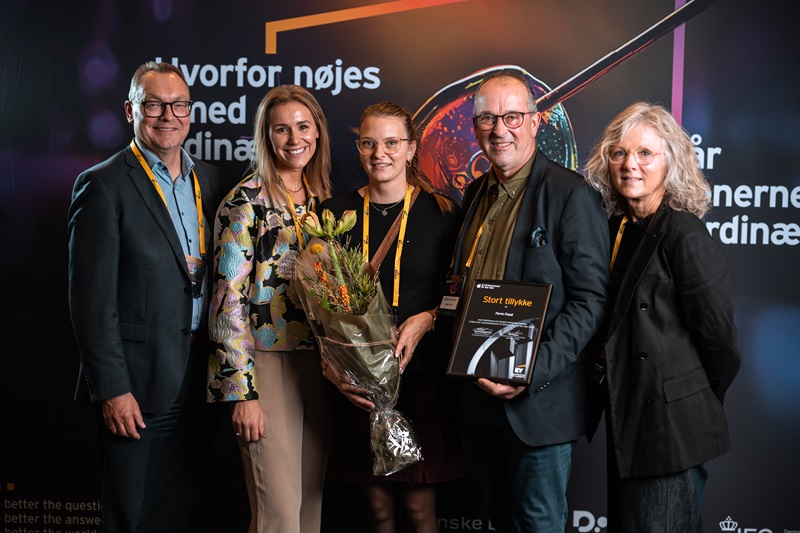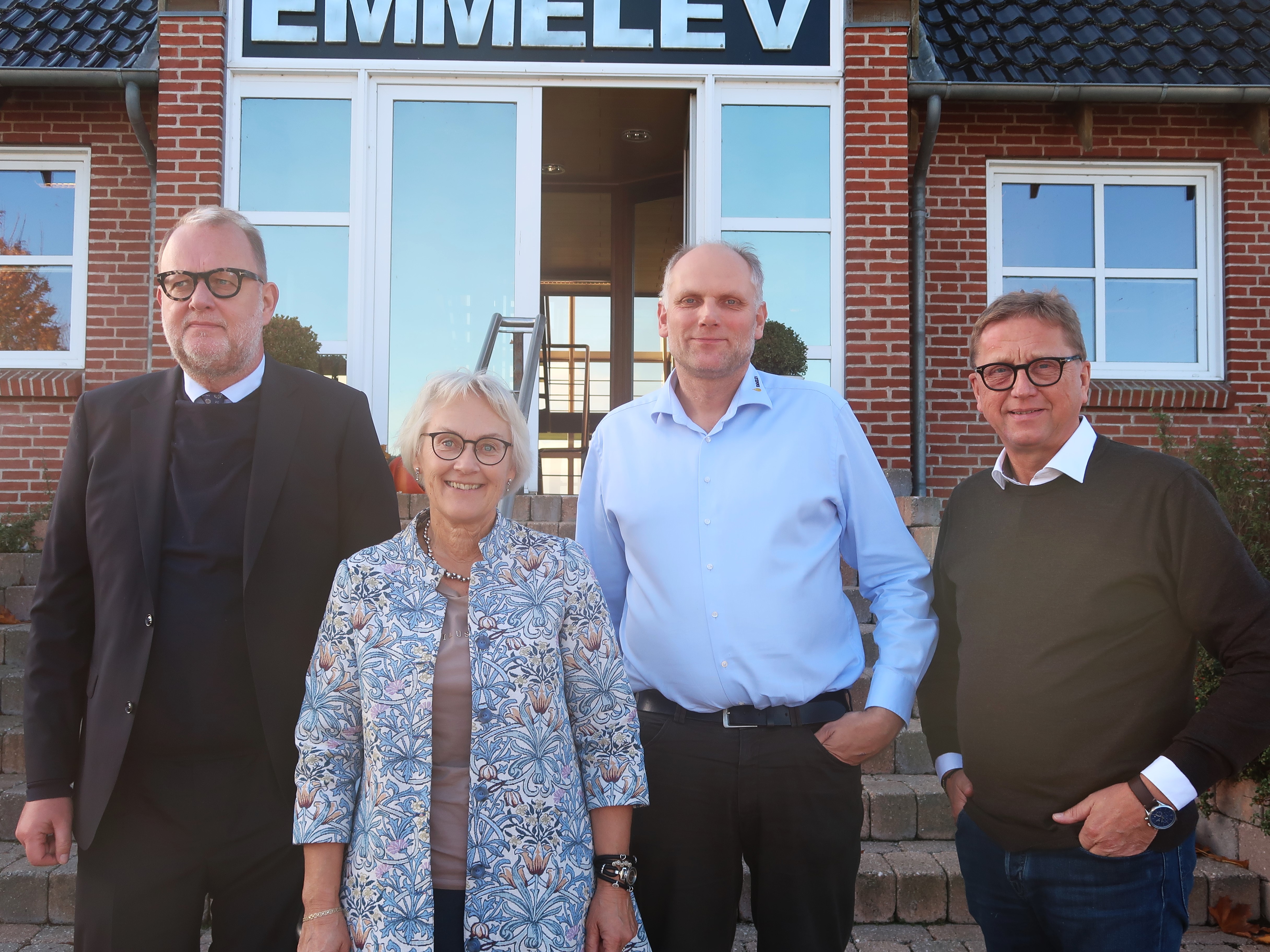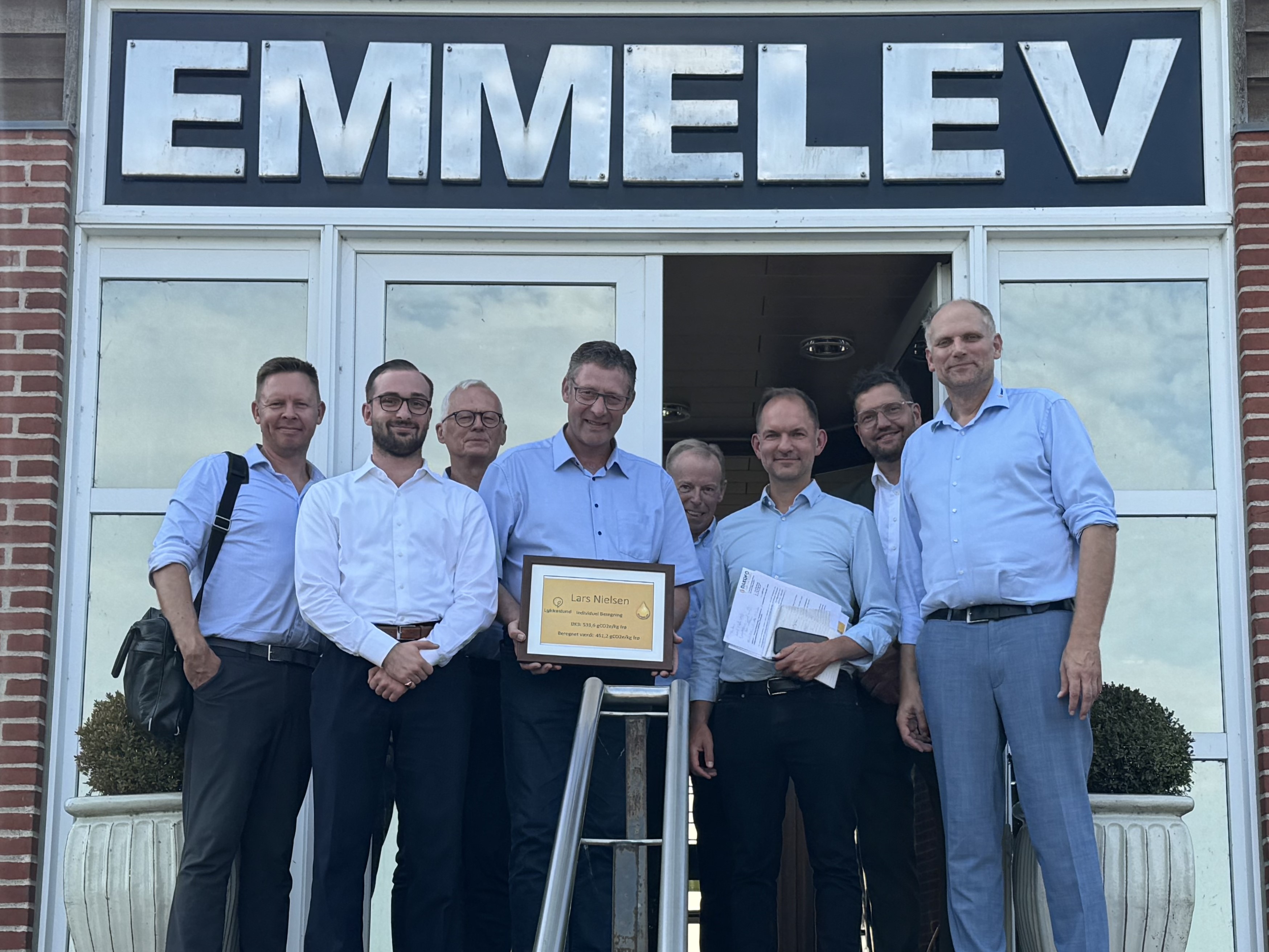Climate-friendly biodiesel produced from Danish rapeseed for heavy trucks and buses was in focus when Anne Paulin (S) visited the company on Mors.
Biodiesel as a Sustainable Solution
Biodiesel is not palm oil that destroys rainforests far from Denmark, and biodiesel from Danish rapeseed does not harm Danish food production or occupy environmentally sensitive land. This was confirmed by Anne Paulin, the Social Democrats’ energy, climate, and utilities spokesperson, during her visit this week to the grain and feed company Mollerup Mølle A/S on Mors.
Mollerup Mølle A/S receives around 25,000 tons of rapeseed annually from North Jutland growers, and a significant portion of the rapeseed is sent to Emmelev A/S in Funen. There, the rapeseed is converted into climate-friendly biodiesel, special products, and protein-rich feed cakes for livestock, which replace imported soy from South America. Danish biodiesel produced from rapeseed can be directly filled into the tanks of diesel cars, trucks, and buses, thereby displacing 70-75 percent CO2 emissions.
Promoting Local Climate Initiatives
During the visit to Mollerup Mølle A/S, operations manager Martin Josefsen from Morsø Taxi and Tourist Traffic explained that he has filled 100 percent biodiesel into the tanks of several buses, enabling climate-friendly operation, especially during events like Kulturmødet on Mors. He suggested that if public tender materials for route transport included requirements for green energy, climate-friendly biodiesel could play a larger local climate role.
Addressing Taxes and Policy Support
“If politicians address the taxes on this fuel, it could be spread even more widely and become an active tool in future climate efforts,” said sales manager Jakob Pedersen from Mollerup Mølle A/S. He urged Anne Paulin to return to the Danish Parliament and secure better conditions for Danish biodiesel, which can immediately become an asset for the climate, is locally produced, and creates local jobs.
Anne Paulin explained that work on creating the new climate law continues in Parliament: “It has been very interesting to visit Mollerup Mølle and learn about the properties of biodiesel,” says Anne Paulin. “I find it exciting that there is local engagement on Mors around the green transition, and it is beneficial for further work that I have gained knowledge about the possibilities today,” she added. Currently, climate plans are being negotiated in Parliament. The climate law was agreed upon in December, and now plans need to be made on how to meet the law’s requirements and which tools to use.
Quick CO2 Reductions
Morten Simonsen, co-owner of Emmelev A/S, explained during the meeting that the company can produce about eight percent of the total diesel consumption: “Biodiesel will never be the only solution, but it will take some time before heavy trucks and buses can run on electricity and biogas. Biodiesel can help us achieve quick CO2 reductions,” said Morten Simonsen, questioning why biodiesel does not play a much larger and more positive role in the debate.
“An exciting visit, where after climbing a silo, I enjoyed the view over half of Mors and Salling,” says Anne Paulin.
Facts
Production: Biodiesel is produced at Emmelev A/S in Denmark from rapeseed fields currently in full
Compatibility: It can be directly filled into trucks and buses without engine modifications and can thus 100 percent replace regular imported fossil diesel.
Yield: One hectare of rapeseed contributes approximately 1,200 liters of biodiesel.
Anne Paulin: A local member of parliament, serving as the Social Democrats’ energy spokesperson, utilities spokesperson, and climate spokesperson. She comes from Skive and is elected in West Jutland.





